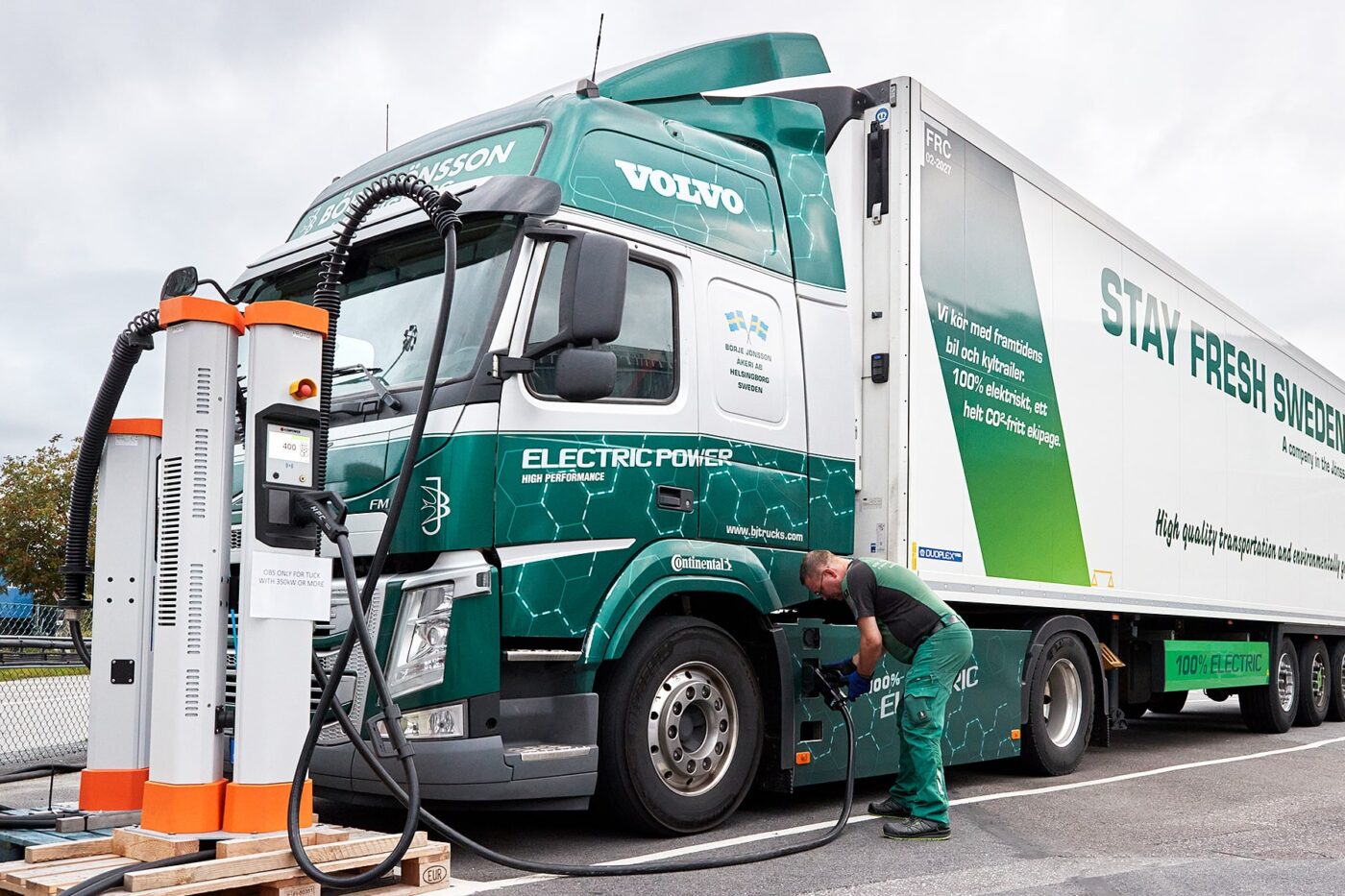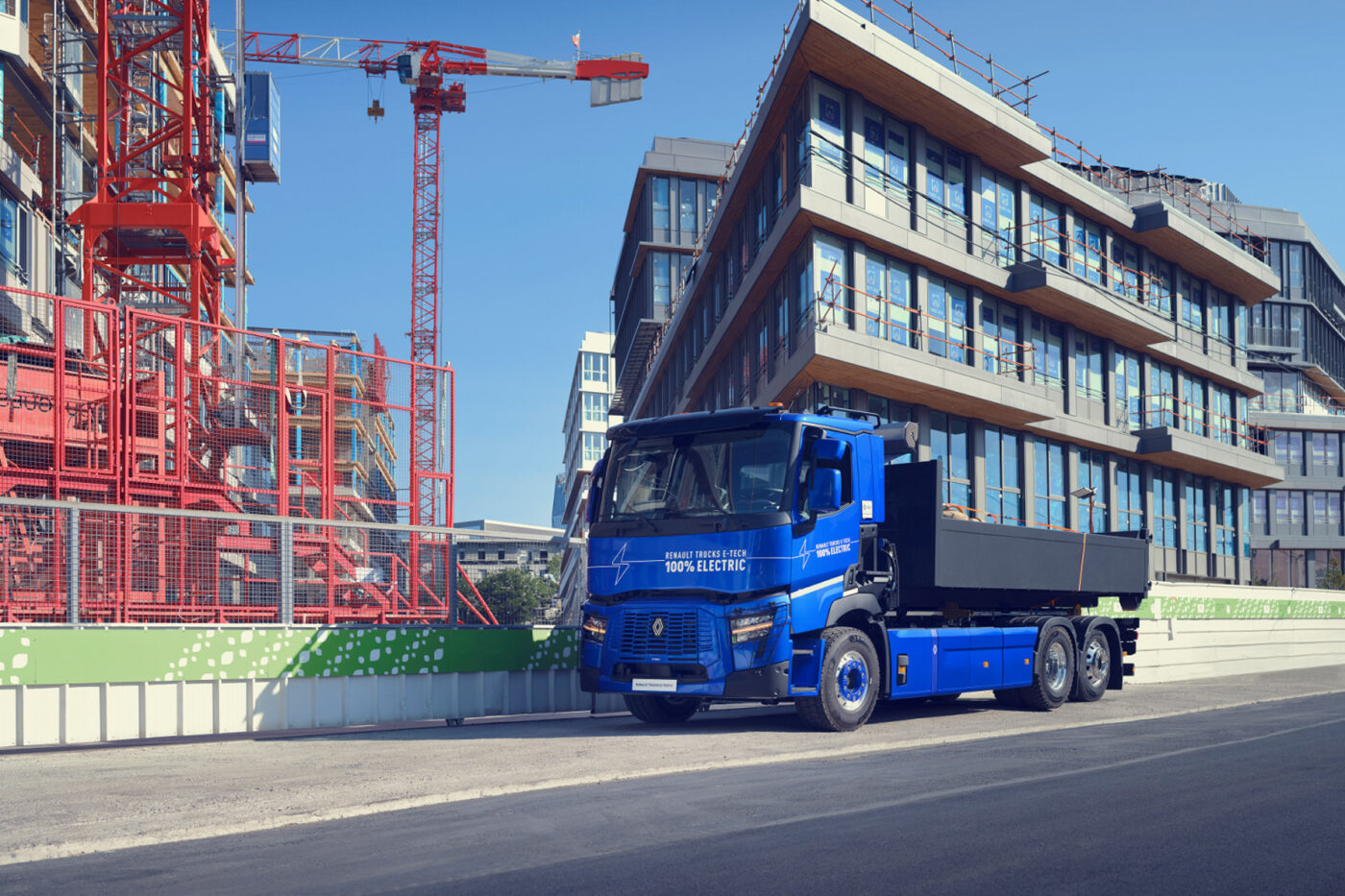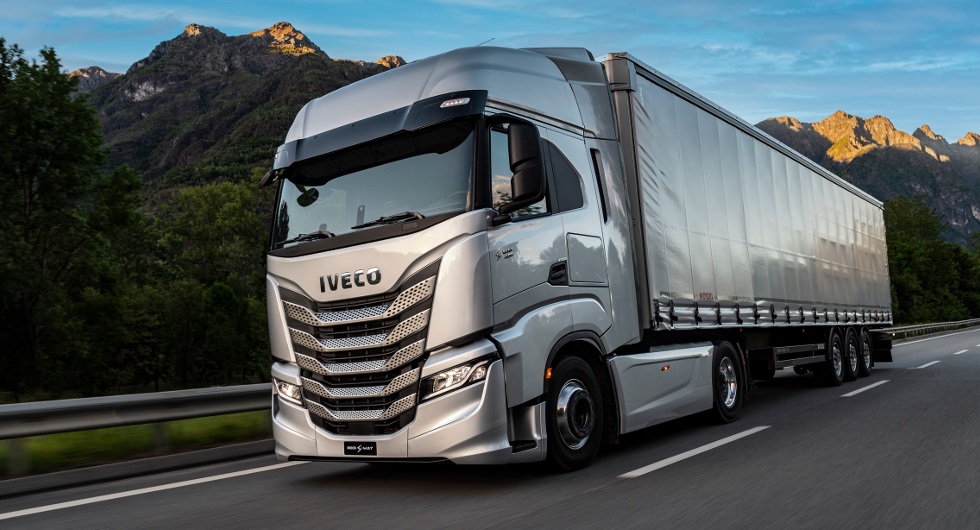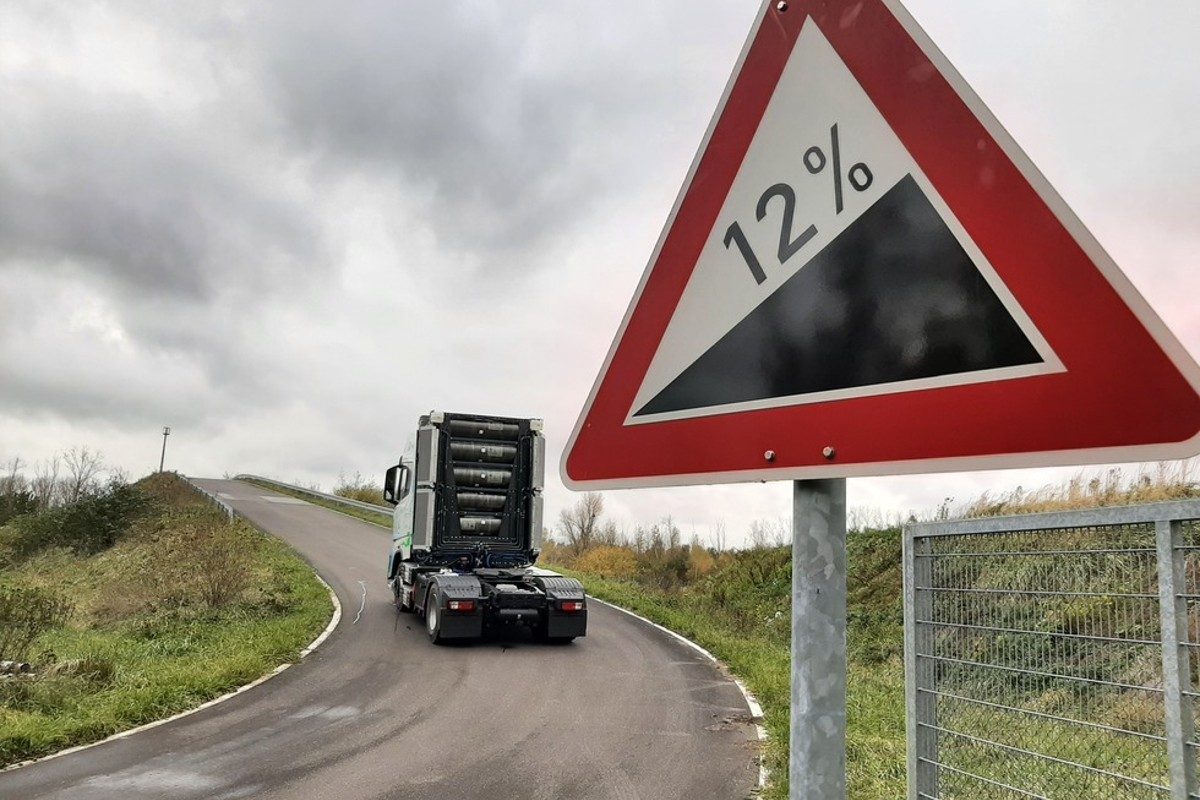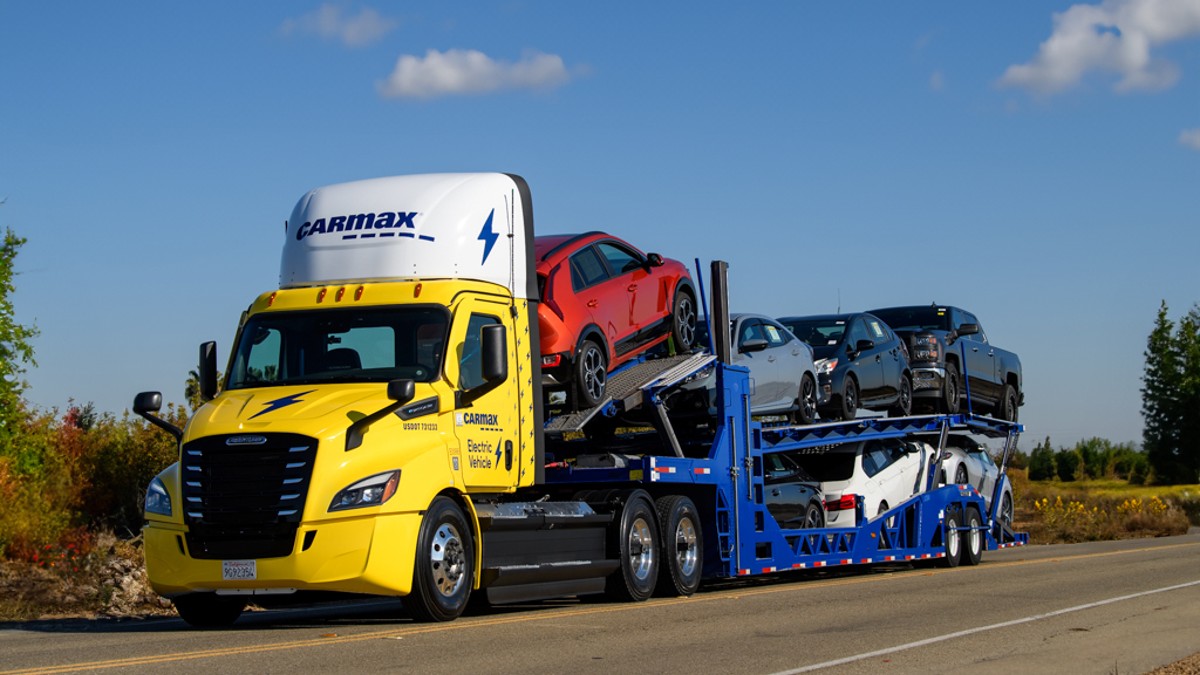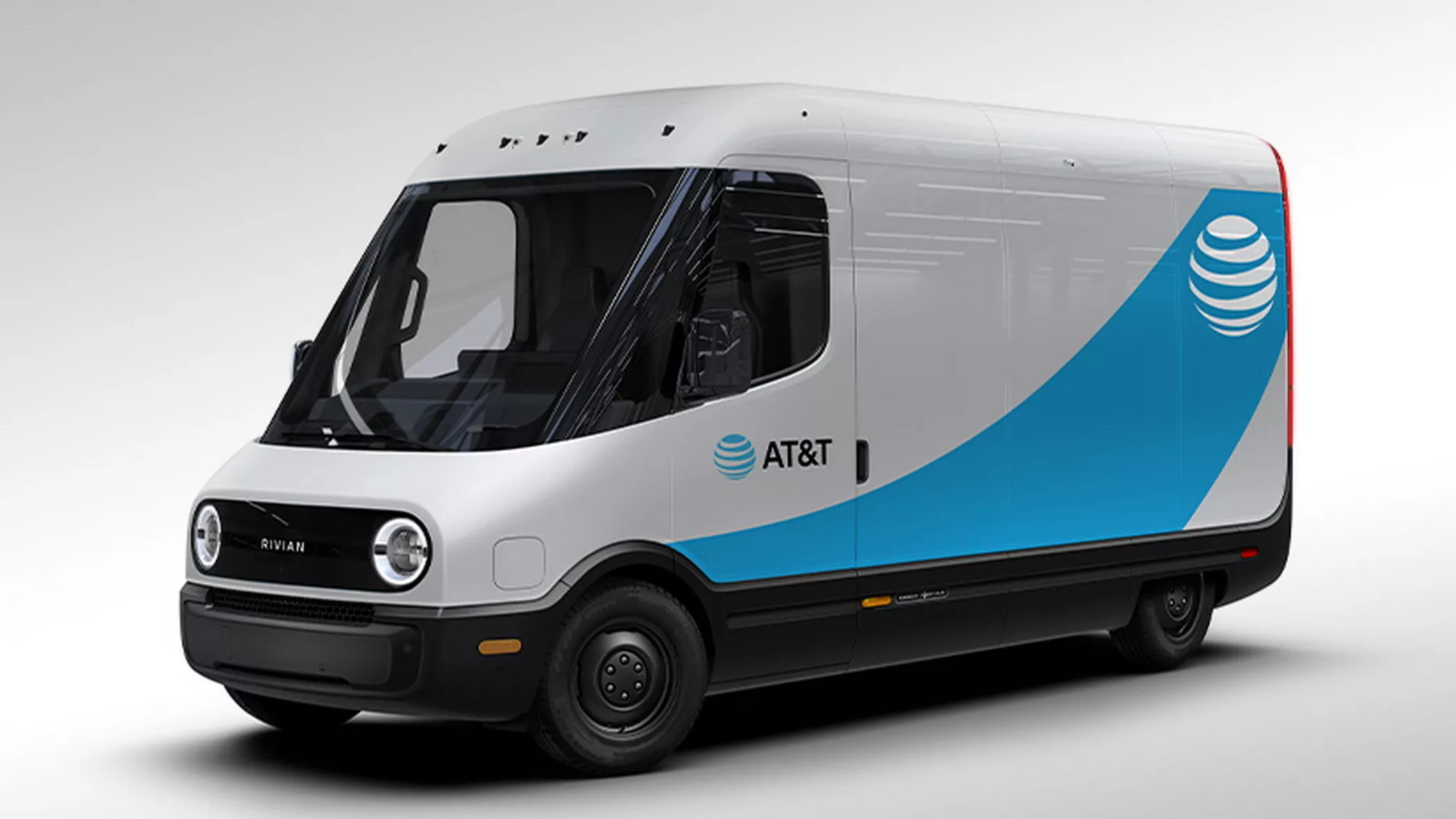The European Parliament has approved its stance on new CO2 standards for trucks and buses, aligning closely with the European Commission’s proposals while introducing a notable exception for e-fuels in trucks. The decision, passed with 445 votes in favor, 152 against, and 30 abstentions, positions the Parliament for negotiations with EU member states.
While endorsing the Commission’s directive that only zero-emission city buses be permitted from 2030, the Parliament introduced a temporary exemption until 2035 for city buses powered by biomethane, contingent upon stringent conditions.
For medium and heavy-duty trucks, including specialized vehicles like refuse collection and concrete mixers, the Parliament’s vote mandates a 45% reduction in CO2 fleet emissions by 2030, escalating to 65% by 2035 and 90% by 2040, using 2005 as the base year. These targets align with the European Commission’s recommendations.
The proposal also garnered attention for including a provision, inserted at the behest of conservative members, acknowledging biofuels and e-fuels in commercial vehicles as emission-free. This addition was not present in the initial draft presented by the parliamentary environment committee in October.
Bas Eickhout, the parliamentary rapporteur, emphasized the importance of transitioning to zero-emission trucks and buses, highlighting its role in achieving climate targets and improving urban air quality. Eickhout noted that the Parliament’s position builds upon the Commission’s proposal, adapting targets to match the accelerated pace of the transition.
However, the inclusion of e-fuels as an emission-free option in commercial vehicles has sparked debate. Proponents argue against excluding technologies from the outset, while critics, including Green MEP Michael Bloss, contend that e-fuels lack a sustainable future and may impede the transition to electric drives.
Non-governmental organization Transport & Environment expressed concern over the loophole, stating that biofuels and e-fuels might prolong the use of diesel trucks. They urged environment ministers in the EU Council to remove the provision.
The manufacturers’ association ACEA described the plans as “very ambitious” and called for close coordination with stakeholders in infrastructure, logistics, and public transport, emphasizing the need for government support in navigating the industry’s transition.

